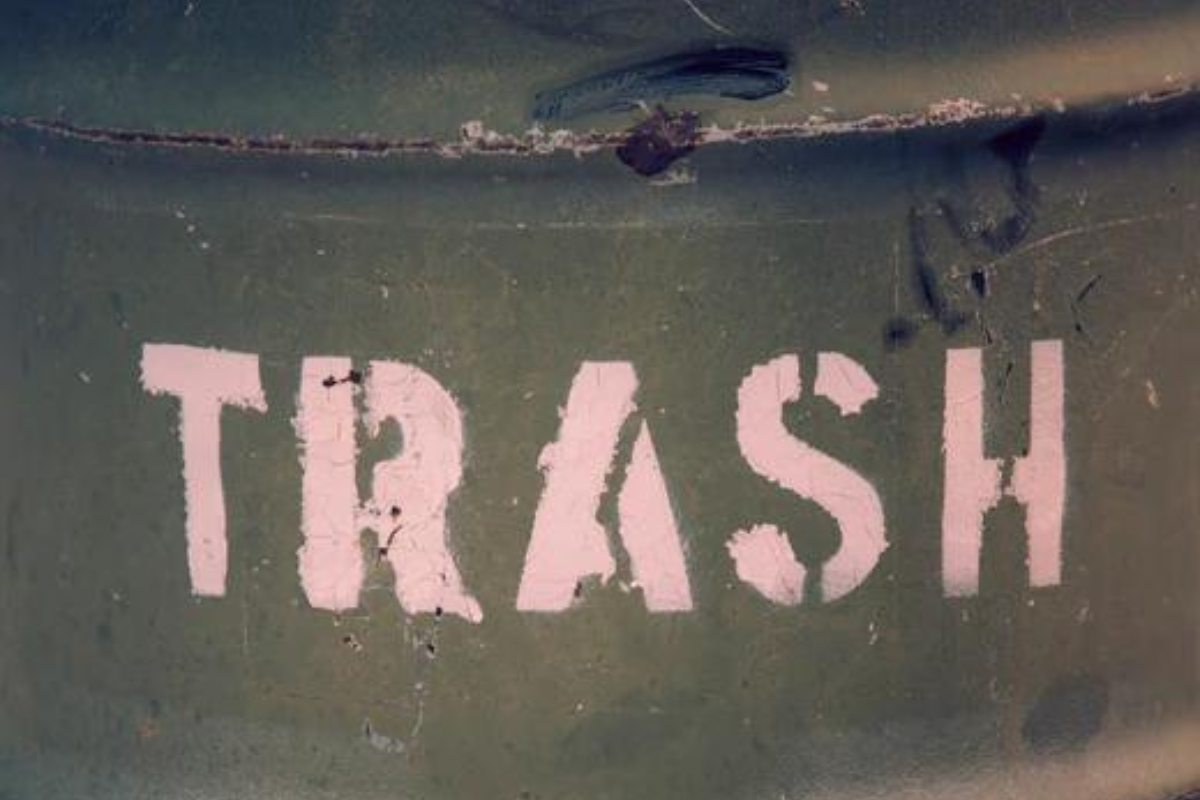
A look at the new Ecodesign legislation due in 2024
It's no secret that the fashion industry overall is an incredibly unsustainable, wasteful and hyper-consumerist industry with significant negative environmental and social impacts. For the fashion industry, and the world as a whole, to meet our climate targets, it's going to need to drastically up its game and make some serious emission-cutting changes throughout its supply chains.
Luckily, some impressive new legislation is finally on its way from the European Union in the form of the Ecodesign Directive for Sustainable Products (ESPR).
What is the ESPR?
The Ecodesign Directive for Sustainable products (ESPR) is set to replace the current Ecodesign Directive (2009) this year. It will introduce more Ecodesign criteria for a broader range of products and aims to make sustainable products the norm on the EU market. Perhaps most importantly for fashion companies, this legislation will include a ban on the destruction of unsold textiles and footwear products.

Up until now, it has been a bit of an open secret in the fashion industry that unsold inventory goes to the incinerator, excess handbags are slashed so they can't be resold and 'damage' brand value, and perfectly good products are sent to landfill or destroyed in-store to avoid discounts and sales.
Perhaps one of the most well-known examples of these highly unsustainable practices was Coach's 'slashing policy'. Here, employees were ordered to deliberately slash unsold bags so that no one can use them, and then they were written off as a tax write-off as if the bag was accidentally destroyed.
TikToker and waste reduction and diversion expert Anna Sacks (@ thetrashwalker on Instragram) exposed Coach for this policy and their misleading (read greenwashing) stance on sustainability and the circular economy. Coach issued a statement on their Instagram following this criticism that read "We have now ceased destroying in-house returns of damaged and unsalable goods and are dedicated to maximizing the reuse of such products in our Coach Re(Loved) and other circularity programs." We are yet to see whether this will be a meaningful shift.
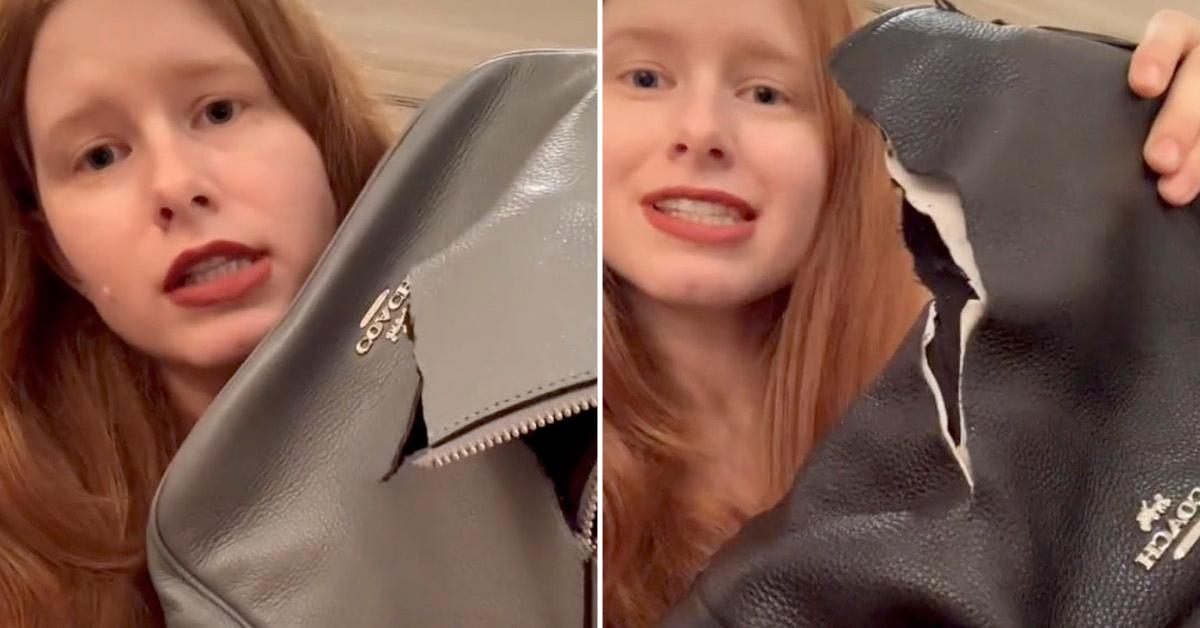
(Anna Sacks showing the intentionally-slashed Coach bags she purchased from a fellow waste activist)
The EU wants to put an end to these practices through this new legislation and shift the way fashion manufacturers produce their goods. The ESPR will mandate companies to adopt measures to prevent this practice and also to disclose product disposal data.
The legislation also includes requirements to improve the circularity and end of lifecycle considerations of products. This includes improving the durability, reusability and repairability of products, which is aligned with the "Right to Repair". It also includes digital product passports or Eco-Labels to increase transparency along the supply chain of the product being purchased and its social and environmental impact.
Whilst this is a great piece of legislation that we welcome here at Y.O.U, we still have a few queries and doubts. Firstly, the role out of this legislation set to be pretty slow. Large companies have two years to comply and SMEs have been given up to six years and some have exemptions. It also remains unclear how this ban on destroying unsold goods will impact regions outside the EU and how the legislation will be enforced given how opaque fashion supply chains often are.
What's more, the European Fashion Alliance (EFA) is calling on the EU to clarify what they mean by some of the key terminology in the legislation including "unsold goods" and "destruction" and what exactly will happen to these unsold good if they aren't destroyed. The issue here is whether these products might just be shipped around the world and destroyed elsewhere instead, or whether they be reused as deadstock, shredded or downcycled.
How will this new legislation affect us at Y.O.U Underwear
Here at Y.O.U, we NEVER EVER send unsold products to landfill or intentionally slash/ destroy any of our underwear, so this new legislation will reaffirm the practices and philosophy that we already follow.
Since February 2022, we have been recycling not only all your old Y.O.U underwear, but also undies, socks, tights and swimwear from ANY brand to avoid it ending up in landfill.

We use TerraCycle who collect garments and turn them into useable products for industry, such as insultation and car seats.
Our underwear is also made from some of the most sustainable materials available are designed to be loved and worn for the long term. All items are made from 100% Fairtrade and GOTS certified organic cotton that is PETA-approved vegan, meaning it is better for the planet, better for you and better for the people who grow the cotton and make the garments. We also run sustainable mending workshops to empower our customers to mend and transform what they already have, rather than promoting a culture of disposal and waste.

Looking forward, we are always trying to improve our circularity as a brand. Whilst we are too small at the moment to get the quantity and the financing to take part in a fibre-to-fibre recycling scheme, this is our end goal. We also are constantly keeping an eye on industry innovations and schemes that we could get involved with, so do share any thoughts or feedback on this.
In summary, this is an exciting piece of legislation which is hopefully part of a broader shift in the fashion industry to clean up its act and eliminate its incredibly detrimental impacts on people and the planet. We always welcome increasingly robust and wide-reaching legislation on the sector. We want all businesses both big and small to be held accountable for their actions and to become part of the solution, not the problem.
Enjoyed this blog, why not read...
Visible Mending (Sashiko): it's cool to care










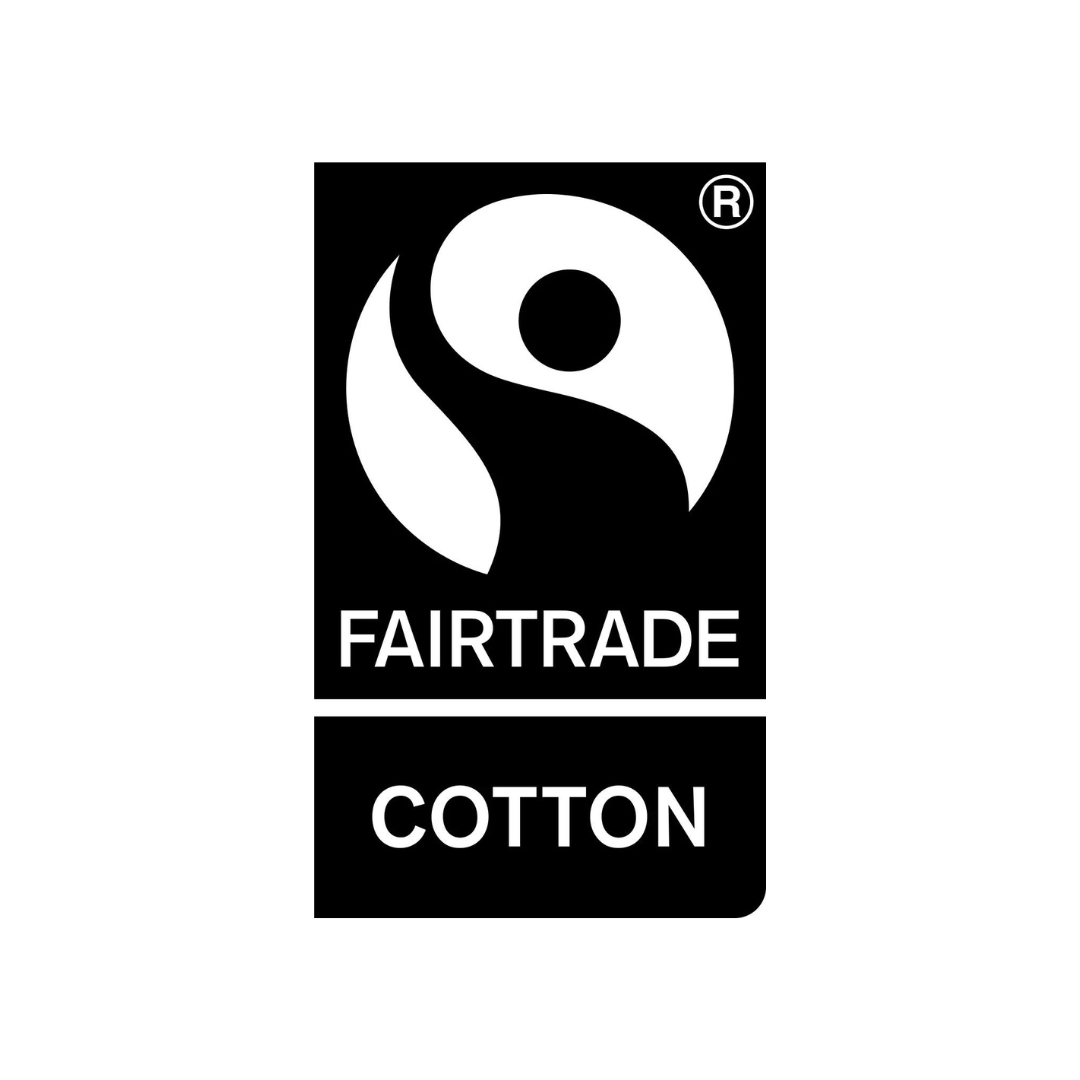
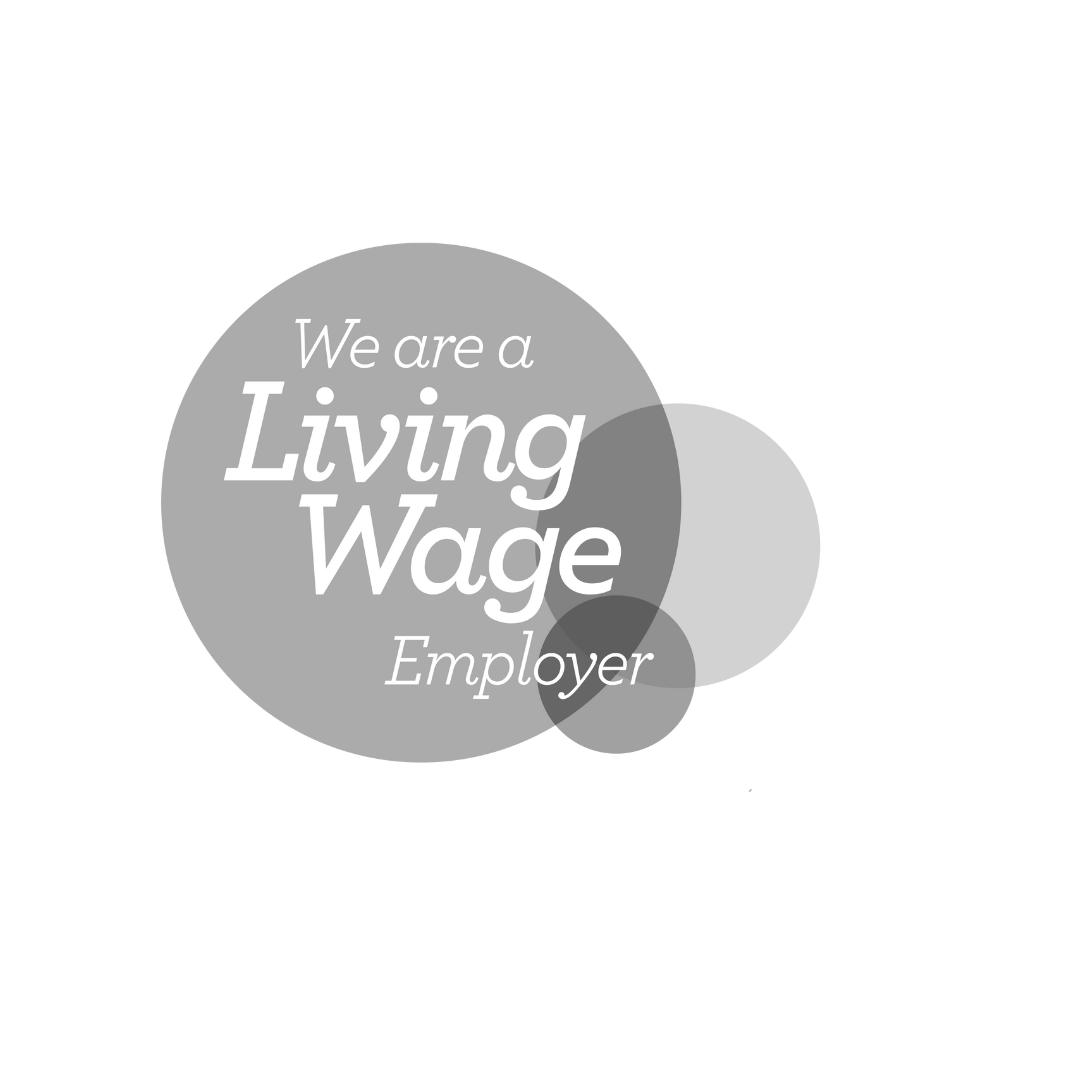
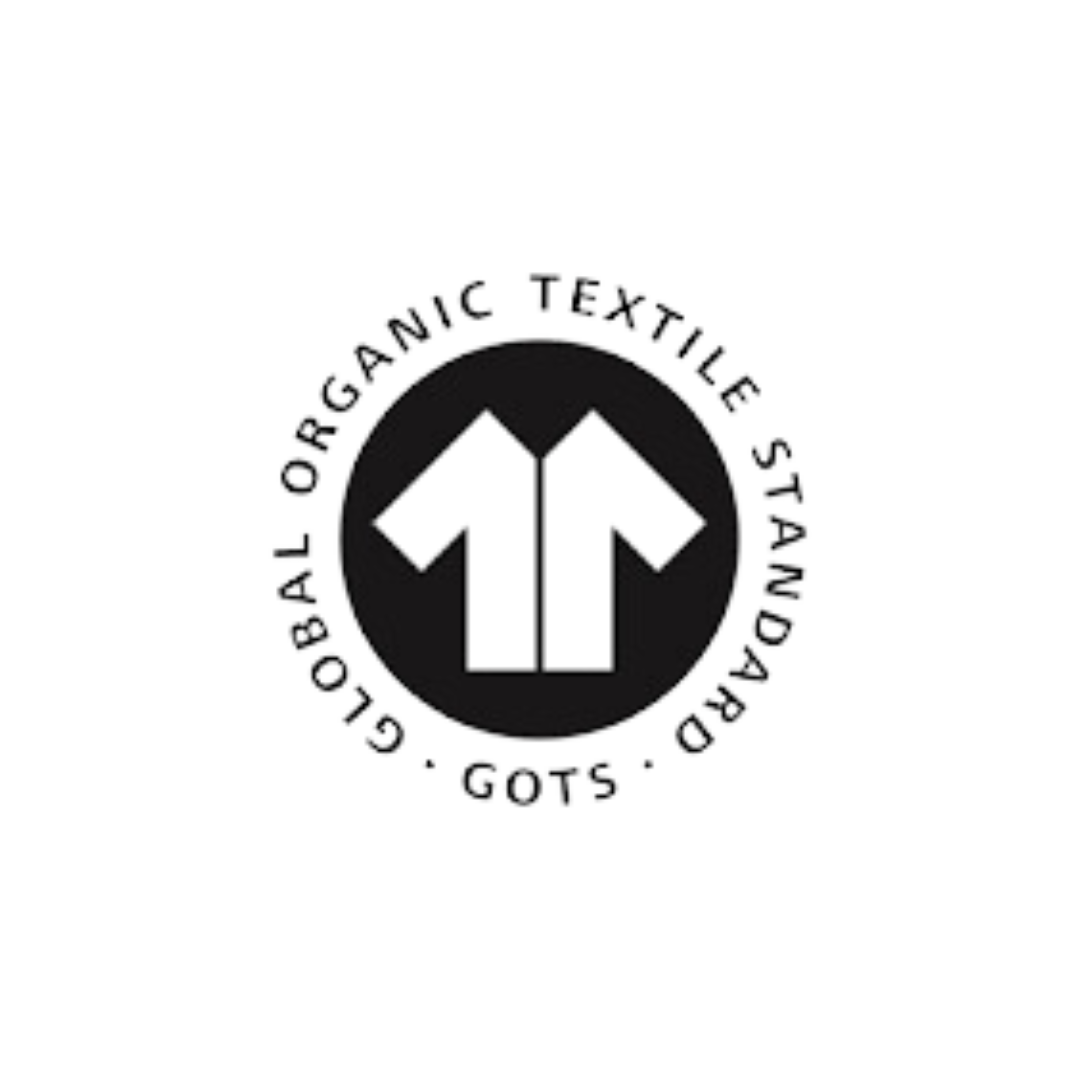
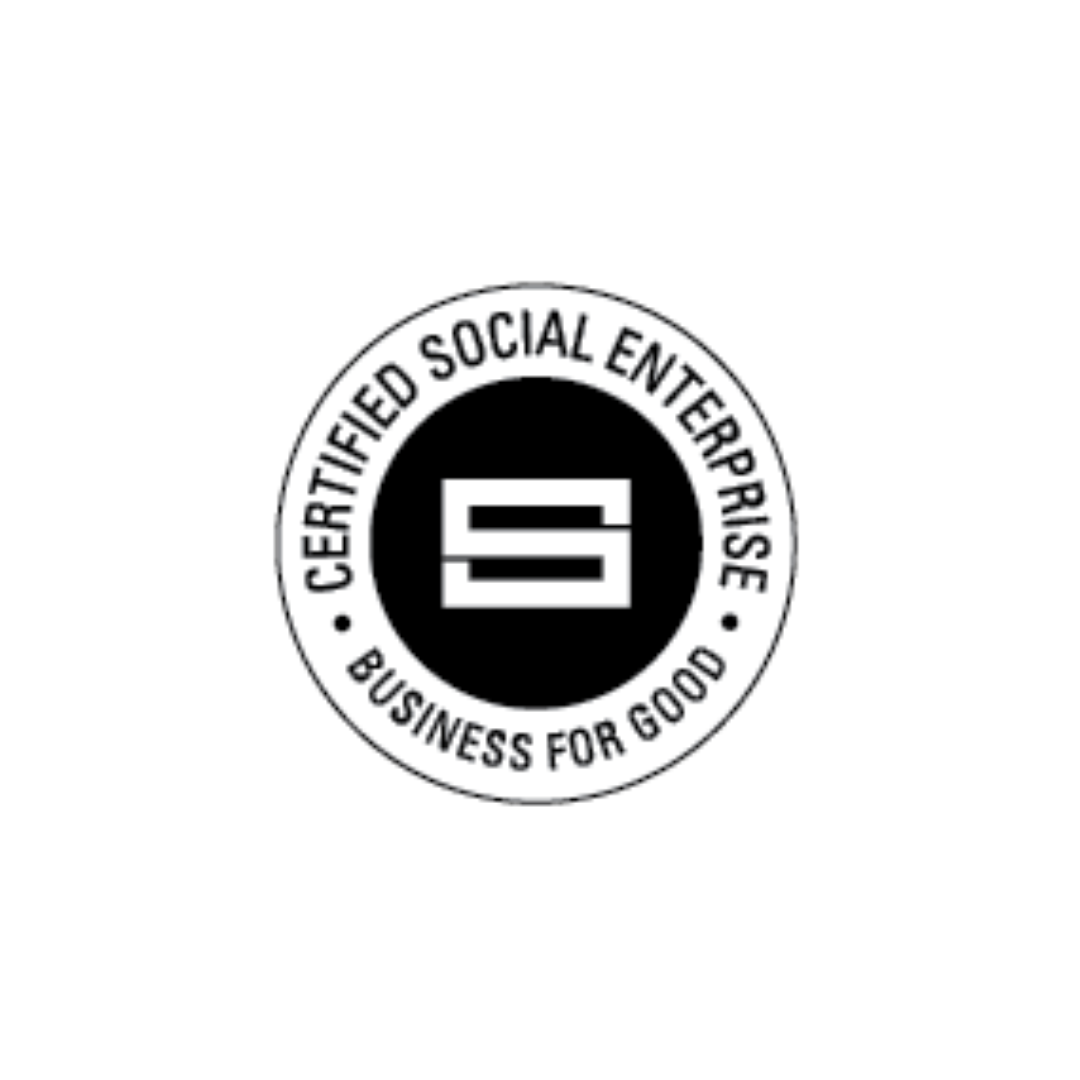

Leave a comment
This site is protected by hCaptcha and the hCaptcha Privacy Policy and Terms of Service apply.